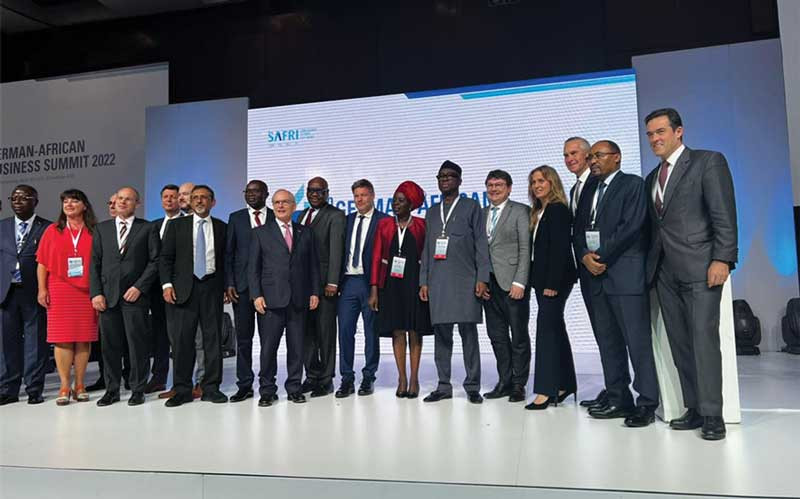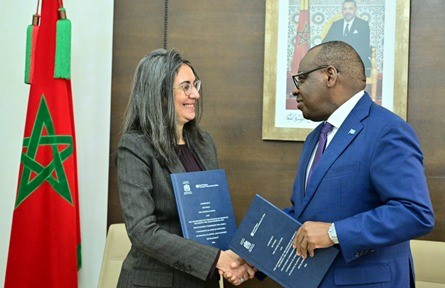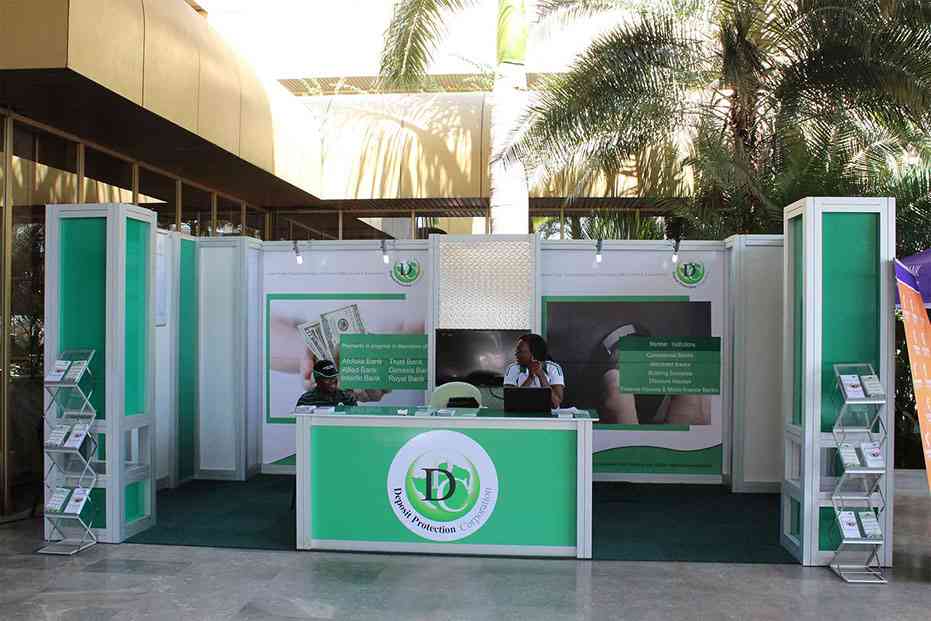
INDUSTRY and Commerce minister Sekai Nzenza says Zimbabwe needs to quickly migrate to renewable energy sources to ensure consistent and cost-effective energy supply to spur development.
The southern African nation is currently grappling with an unrelenting power shortage after one of the country’s two major power generation plants, the Kariba Power Station, drastically cut output due to dwindling water levels in Lake Kariba.
Speaking at the German-African Business Summit held at Sandton Convention Centre in South Africa yesterday, Nzenza said innovative technologies in the form of renewable energy were essential in addressing the energy crisis.
“With regards to energy supply, the African continent finds itself in a huge deficit. About 68% of the African population has no access to power,” she noted.
“Energy is an essential factor of economic growth and poverty reduction. Productive sectors such as manufacturing, agriculture, mining, etc, require sufficient, consistent and cost-effective energy in order to spur the much-needed development. This calls for innovative and new technologies in the form of renewable energy.”
The Industry minister said the adoption of innovative technologies was vital to the African Continental Free Trade Area (AfCFTA)’s vision of localisation of the continent’s value chains and linkages.
“The AfCFTA’s vision endeavours to elevate intra-Africa trade, wherein the localisation of the continent’s value chains and linkages therein with the global value chains take centre stage. This can only come to fruition through the adoption of innovative technologies that also contribute to enhanced regional connectivity,” Nzenza said.
She said through foreign direct investment, Zimbabwe had prioritised the retooling and refurbishment of industries to create more efficient, proficient and high-value models of value addition, which has resulted in an increase in capacity utilisation and diversification of products within the industry.
- Financial inclusion critical for African agriculture success
- Industry cries foul over new export surrender requirements
- Real estate key enabler of economic activity: Nzenza
- Economic situation worries Japan
Keep Reading
However, Nzenza said various challenges arose associated with a growing population.
“The population is growing exponentially and is estimated to account for 25% of the global population by 2050, at almost 10 billion people. This growth comes with certain challenges, particularly with respect to the capacity to feed this growing population, hence the need for new technologies in agriculture and other sectors.
“Related to this is the issue of climate change. Africa, just like the rest of the world, is grappling with challenges brought about by climate change, whose shocks are poised to cause severe food shortages if we do not build resilience in the agriculture and food eco-systems. Thus, it also adds its voice to the global consensus on the need for radical reforms of the global food eco-systems,” she added.
- Follow us on Twitter @NewsDayZimbabwe











